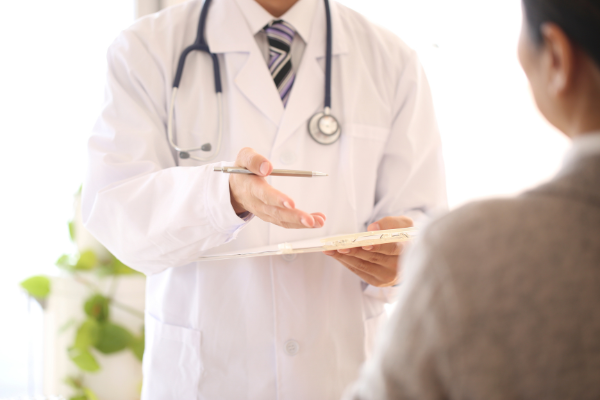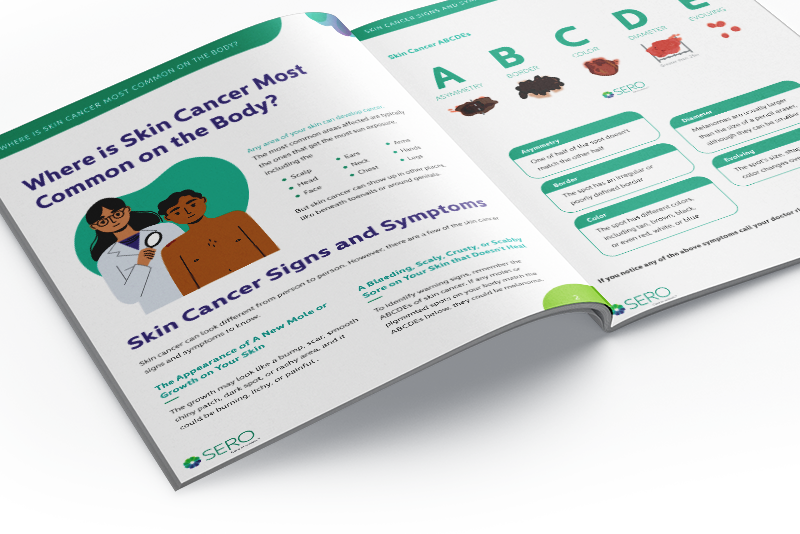Radiation therapy is often an important component of cancer treatment. Sometimes patients experience little or no side effects from radiation therapy and are able to continue their normal routines. However, radiation therapy can cause mild-to-severe side effects for some patients.
Most side effects that result from radiation therapy are manageable. Before you begin your treatment, your radiation oncologist and their team will prepare you for any potential side effects as part of your treatment plan. As treatment begins, be sure to talk to a member of your radiation oncology treatment team about any problems you may have.
Although effects of radiation therapy on the body can be a cause for concern, the benefits of radiation therapy in the treatment of some cancers outweigh the risks. By developing an understanding of the potential effects and how to manage them in advance of your treatment, you’ll be prepared to weather your radiation therapy alongside your SERO radiation oncology team.



